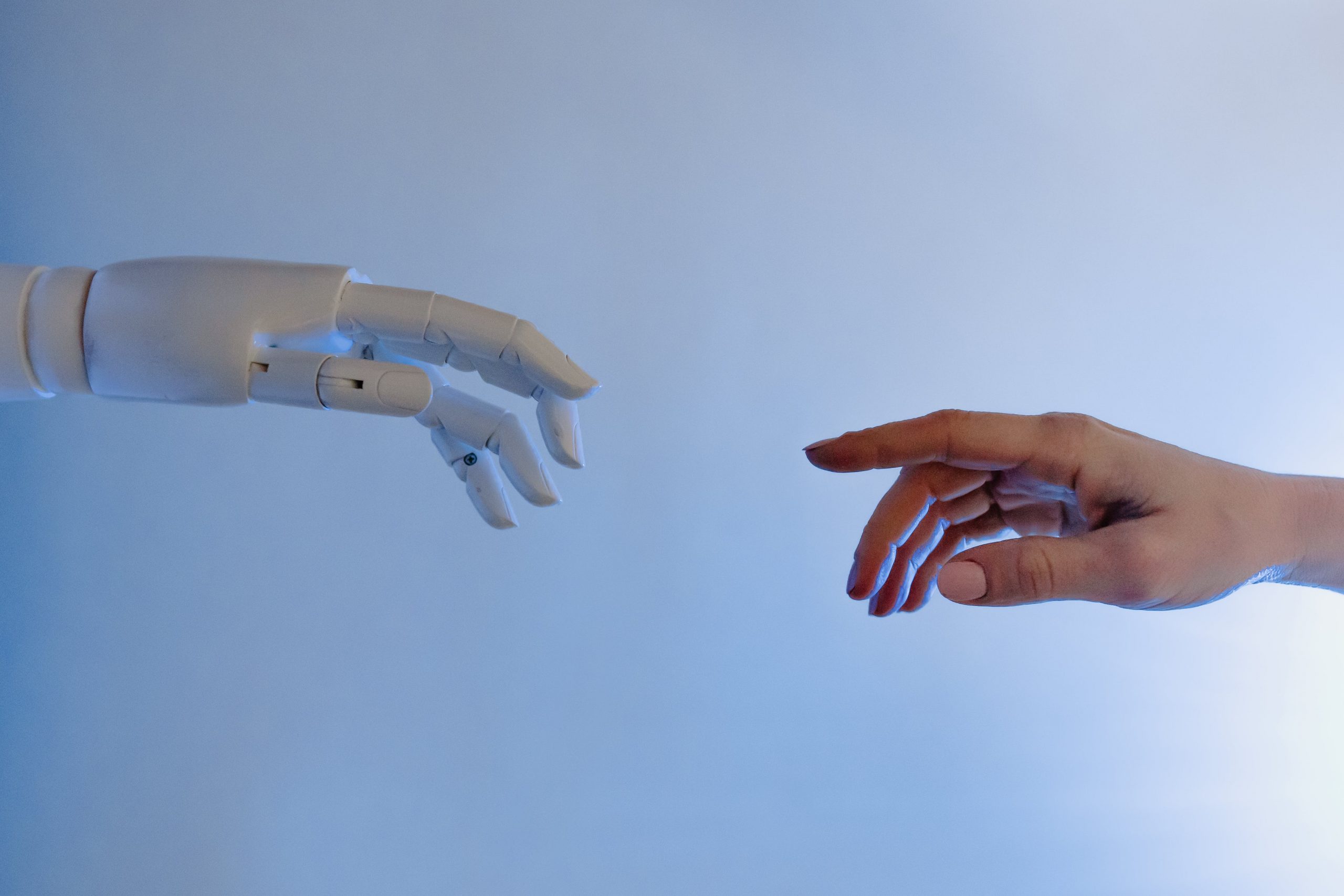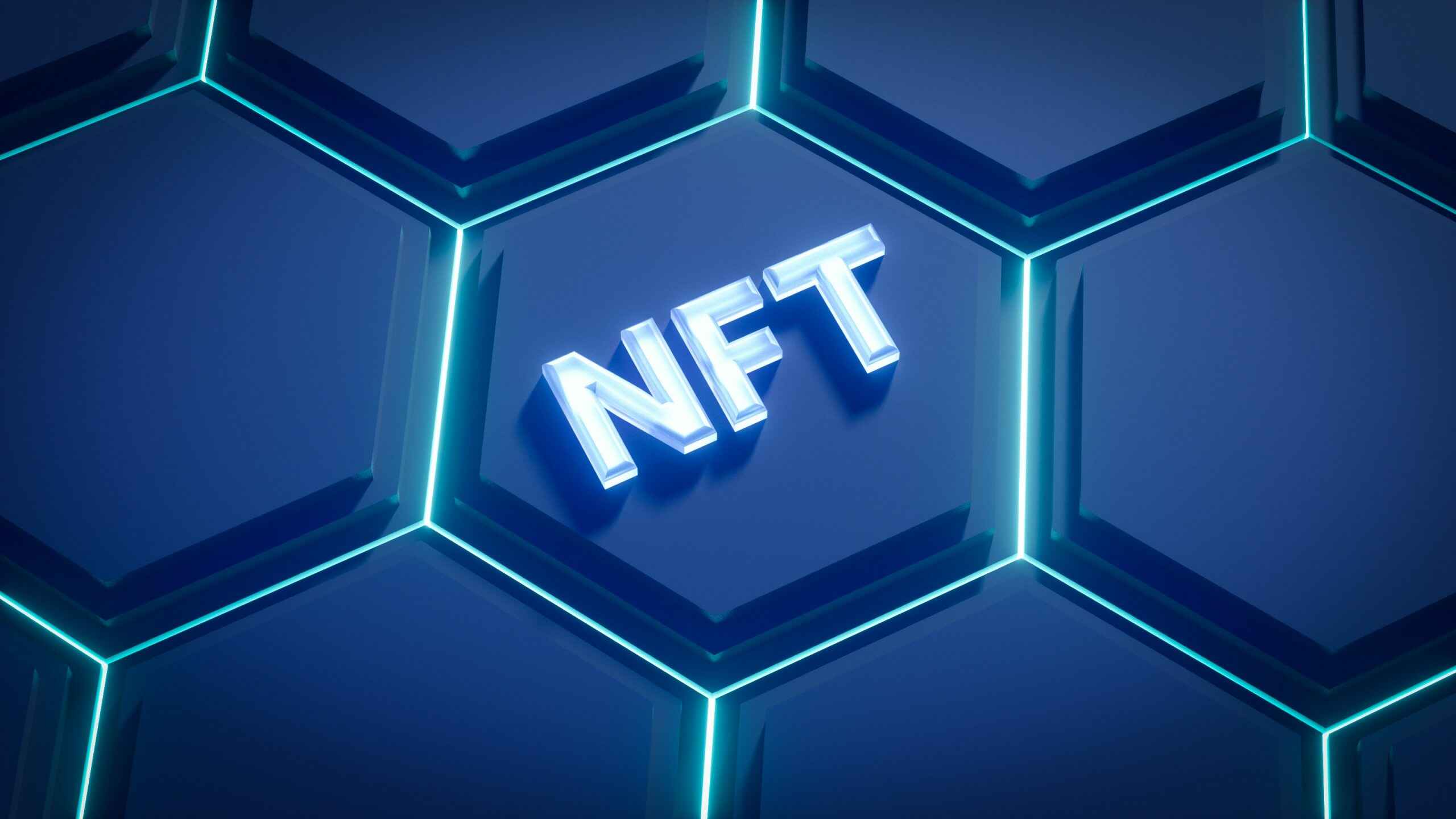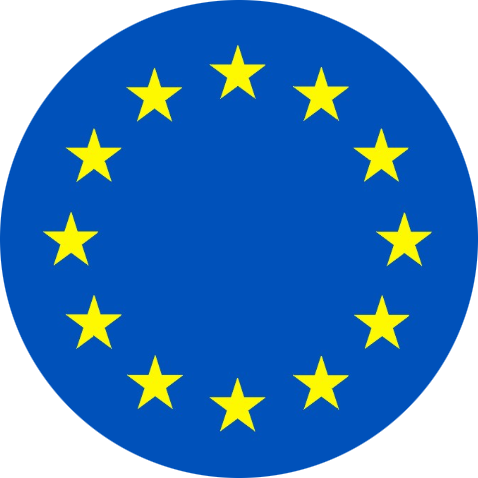The future of AI is here, and Large Language Models (LLMs) are at the forefront of the revolution. With estimates suggesting a staggering 750 million apps utilizing LLMs by 2025, choosing the right model for your business is crucial.
Enter Claude 2 and GPT-4, two titans in the LLM landscape. Both leverage immense neural networks and vast datasets to generate human-quality text, pushing the boundaries of what AI can achieve. However, beneath the surface lie distinct strengths and weaknesses that make each model ideal for specific tasks.
WeSoftYou provides AI consulting and integration services, where we deal with multiple language models, including Claude 2 and GPT-4. That’s why we decided to share our view on them, dissecting core features, performance, applications, and potential. ChatGPT-4 VS Claude 2, so what will win?
Understanding Claude 2 VS GPT-4
GPT-4 VS Claude 2 are both trained on massive datasets and excel at generating human-like text. However, their strengths diverge, making them ideal for different applications. Let’s delve into their unique capabilities to help you choose the LLM that best suits your needs.
Claude 2 Overview
Developed by Anthropic, Claude 2 stands out as an AI model prioritizing safety, efficiency, and ethical considerations. This commitment manifests in its secure output generation and remarkably large context window – capable of handling inputs exceeding 100,000 tokens.
Here’s a closer look at Claude 2’s key features:
- Reinforcement Learning from Debate (RLD): During training, Claude 2 engages in automated debates, highlighting potential biases and logical fallacies in its reasoning. This approach, known as adversarial training, strengthens the model’s ability to identify and avoid such pitfalls.
- Data Filtering: To prevent Claude 2 from learning or propagating harmful information, potentially hazardous training data is meticulously filtered out.
- Truthful Modeling: Claude 2 is optimized to prioritize factual accuracy and avoid generating misleading or false information.
- Ethics Tuning: Claude 2 undergoes continuous adjustments guided by AI trainers, specifically focusing on strengthening its moral reasoning in areas like fairness and avoiding potential harm. This ongoing process safeguards against ethical concerns and biases.
GPT-4 Overview
OpenAI’s GPT-4 transcends the realm of conventional large language models. This sophisticated model exhibits proficiency in responding to both textual and image-based prompts, solidifying its position as a versatile tool for contemporary business operations. Its capabilities extends to:
- Content Creation: From crafting engaging social media posts to drafting intricate essays, GPT-4 streamlines content creation, saving businesses time and resources.
- Problem-Solving: Stuck on a complex challenge? GPT-4 can analyze vast amounts of data and offer unique solutions, fostering innovation and strategic decision-making.
- Code Generation: Need to develop a new feature or prototype? GPT-4’s code-generating capabilities can accelerate the development process, empowering businesses to stay ahead of the curve.
However, business leaders should be mindful of GPT-4’s potential limitations. While it excels at generating creative outputs, factual accuracy can be a concern.
Performance Analysis
Performance analysis is crucial because it allows for accurate evaluation of core capabilities of large language models. Artificial Analysis found that Claude 2 has gained 39 points for output speed, while GPT-4 received 22 ones.
GPT-4 VS Claude 2 Performance Metrics
While both models excel in language processing, a closer look reveals some key performance distinctions. Here’s a breakdown:
- Reading Comprehension: For complex passages, GPT-4 takes the lead, scoring in the 93rd percentile on the GRE reading test compared to Claude 2’s 86th percentile.
- Writing: When it comes to structured writing, Claude 2 shines. It outscored GPT-4 on the GRE analytical writing test, achieving a 96th percentile versus 89th.
- Math: Claude 2 reigns supreme in the realm of numbers. On mathematical tests like GSM8K, it achieved a commendable 88% accuracy, surpassing GPT-4’s 83%.
- Coding: Claude 2 demonstrates a higher aptitude for code generation. It scored 71% on the Codex HumanEval Python exam, compared to GPT-4’s 67%.
- Reasoning: GPT-4 exhibits a slight edge in common sense reasoning tasks like ARC, scoring 83% accuracy versus Claude 2’s 82%.
- Nuance and Ambiguity: Benchmarks like Hellaswag and Winograd schema reveal GPT-4’s superior ability to grasp subtle language nuances and ambiguities.
GPT-4 exhibits a slight lead in most standard language proficiency benchmarks. However, Claude 2 demonstrates exceptional strengths in areas like mathematical reasoning and code generation. The ideal choice ultimately depends on your specific needs and priorities.
Application Areas
Since each large language model is strong in a specific area, their usage can be different. Below, let’s compare Claude-2 VS GPT-4 in multiple domains.
Claude 2 in Various Industries
Claude 2’s versatility enables its application in numerous industries. In healthcare, it can assist in diagnosing diseases and analyzing medical records. In the financial sector, Claude 2 can provide valuable insights for risk assessment and fraud detection. It also finds applications in e-commerce, customer service, and content creation, streamlining operations for businesses across verticals.
Moreover, Claude 2’s advanced natural language processing capabilities have made it a game-changer in the legal industry. Law firms are utilizing Claude 2 to sift through vast amounts of legal documents, contracts, and case histories to extract relevant information quickly and accurately. This has significantly reduced the time and effort required for legal research and case preparation, leading to more efficient legal practices.
GPT-4 in Diverse Sectors
GPT-4’s wide-ranging capabilities make it invaluable in various sectors. Content creators can leverage GPT-4’s ability to generate creative text for marketing campaigns, articles, and more. In research and academia, GPT-4 can help with data analysis, literature review, and hypothesis generation. These applications highlight GPT-4’s adaptability and its potential to transform industries.
Furthermore, GPT-4’s impact extends to the entertainment industry, where it is revolutionizing scriptwriting and storytelling. Screenwriters and filmmakers are using GPT-4 to generate plot ideas, develop character dialogues, and even predict audience reactions to different narrative arcs. This fusion of artificial intelligence with creative processes is reshaping how stories are conceived and brought to life on screen, pushing the boundaries of imagination and storytelling in the digital age.
Claude 2 VS ChatGPT-4: Pricing Comparison
Let’s explore Claude 2 VS GPT-4 pricing models, helping you decide which option is more budget-friendly for your needs. It should be noted that both OpenAI and Anthropic provide flexible business plans based on the number of tokens you need. 100 tokens are approximately 75 words.
GPT-4 Pricing for Business
GPT-4 offers a flexible pricing plan based on the number of inputs and outputs. For input, the cost is $30.00 per 1 million tokens, while the output is priced at $60.00 per 1 million tokens. This structure ensures that businesses can scale their AI usage efficiently, paying only for the actual number of tokens processed, making it a cost-effective solution for leveraging GPT-4’s advanced capabilities.
Claude 2 Pricing for Business
Similarly, Claude 2 provides a pricing plan that depends on the number of inputs and outputs. For a 100K context window, the cost is $8 per million tokens for input and $24 per million tokens for output. This structure allows businesses to optimize their AI usage costs while benefiting from the sophisticated features offered by Claude 2, ensuring a scalable and economical approach to integrating AI into their operations.
GPT-4 VS Claude 2 Comprehensive Comparison Table
To simplify your choice between these AI language models, we’ve created this detailed Claude 2 VS GPT-4 benchmark:
| Feature | GPT-4 | Claude 2 |
| Developed by | OpenAI | Anthropic |
| Key strengths | Content creation, coding generation, problem solving | Mathematics, learning from debates, truthful modeling, ethics tuning |
| Reading comprehension | 93rd percentile on the GRE reading test | 86th percentile on the GRE reading test |
| Writing | 89th percentile on the GRE analytical writing test | 96th percentile on the GRE analytical writing test |
| Math | 83% accuracy on GSM8K | 88% accuracy on GSM8K |
| Coding | 67% on the Codex HumanEval Python exam | 71% on the Codex HumanEval Python exam |
| Reasoning | 83% accuracy on ARC | 82% accuracy on ARC |
| Nuance and Ambiguity | Higher | Lower |
| Pricing for input (per 1 million tokens) | $30.00 | $8 |
| Pricing for output (per 1 million tokens) | $60.00 | $24 |
| Most common use cases | Marketing, entertainment | Healthcare, finance, e-commerce, customer service, content creation, legal |
Conclusion: Claude 2 vs GPT-4 – Which Reigns Supreme?
In the battle of top AI models, it’s clear that both Claude 2 and GPT-4 bring remarkable features and performance to the table. GPT-4 shines with its prowess in creative text generation, coding, and problem-solving. While Claude 2 prioritizes safety, ethical considerations, and efficiency, it can still deliver impressive human-quality text output. Ultimately, the ideal choice depends on your specific goals. Consider your budget, the type of tasks you need help with, and the level of emphasis on safety and ethics.
As a software development company, WeSoftYou acknowledges the impact that AI models like Claude 2 and GPT-4 can have on businesses and industries. Choosing the right AI model depends on specific project requirements, objectives, and industries. Our experienced team can guide you through the decision-making process and help implement the AI model that aligns best with your needs. We at WeSoftYou are not just observers of the AI revolution; we’re active participants. Our team has already created such powerful AI-powered projects like Avo and Luca.ai. We are relentless in our pursuit of excellence, leveraging the top 3% of AI talent to ensure groundbreaking results. Plus, our unwavering commitment translates to a 100% match guarantee on project estimates.
Contact WeSoftYou today for a free consultation or project estimation. Our dedicated team of experts is ready to guide you through the implementation of AI models and help you unlock the full potential of these groundbreaking technologies.
FAQs
While the combination of different AI models is possible, it requires careful integration and customization. Leveraging the strengths of both models can lead to enhanced performance in specific scenarios. Our team at WeSoftYou can provide consultation and develop a tailored solution based on your unique requirements.
Data privacy is a crucial consideration when working with AI models. WeSoftYou prioritizes data security and adopts industry-best practices to protect sensitive information. By leveraging encryption, access controls, and rigorous data governance frameworks, we ensure that your data remains secure throughout the AI model implementation process.
While specific details about these models might be proprietary, relevant information can often be found on the websites of their respective developers: OpenAI (GPT-4) and Anthropic (Claude 2).






















